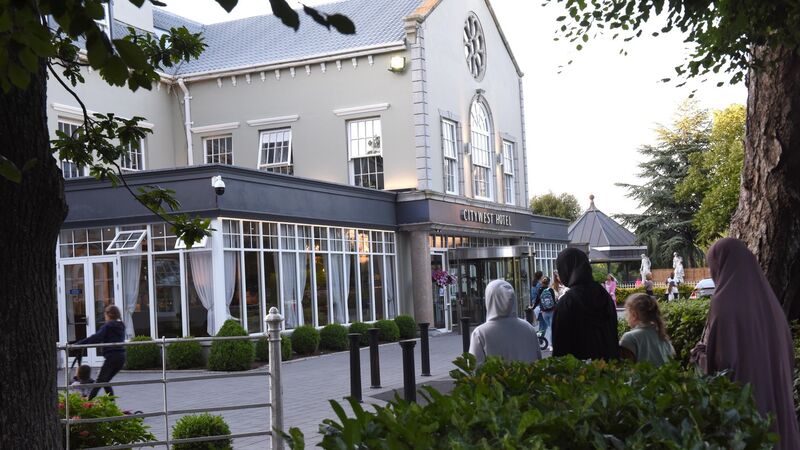Female applicants were among 500 asylum seekers left homeless

Refugees were temporrily accommodated at Citywest, which closed in January. Picture: Moya Nolan
Campaigners have criticised the fact that a number of female International Protection Applicants (IPAs) were left homeless, while more than 500 applicants are currently without State accommodation.
This is despite a Government pledge that no women or children fleeing to this country would be left without shelter.













